
Sleep Apnea Dentist Service
Sleep apnea is a sleep disorder in which your breathing starts and stops repeatedly. If you snore loudly and feel tired even after having a full night's sleep, there are chances that you might have sleep apnea.
The main types of sleep apnea are
• Obstructive sleep apnea, the most common form that occurs when throat muscles are feeling relaxed.
• Central sleep apnea occurs when your brain doesn't send proper signals to the muscles that control your breathing.
• Complex sleep apnea syndrome, also known as treatment-emergent central sleep apnea, this occurs when someone is going through both obstructive sleep apnea and central sleep apnea.
If you think you might have sleep apnea, you must see your doctor. Treatment can ease your symptoms and might help you to prevent your heart problems and other complications too.
Symptoms
The most common symptoms of sleep apnea are:
• Loud snoring
• Intervals in which you stop breathing during sleep — which would be reported by another person who used to sleep with you.
• Gasping for air during sleep.
• Waking up with a dry mouth.
• Morning headache.
• Difficulty staying asleep, which is also known as insomnia.
• Excessive daytime sleepiness, which is also known as hypersomnia.
• Difficulty while paying attention while awake.
• Irritability.
When to see a doctor
Loud snoring can indicate a serious problem, but not everyone who has sleep apnea will snore. It is not compulsory. Talk to a doctor if you are feeling that you have signs or symptoms of sleep apnea. Ask your doctor about sleep problems.
Causes
Obstructive sleep apnea
This occurs when the muscles in the back of your throat feel relaxed. These muscles support your soft palate, your triangular piece of tissue hanging from your soft palate (uvula), the tonsils, the side walls of your throat and your tongue.
When the muscles feel relax, your airway gets narrows or it closes as you breathe in. You don’t get enough air, which lowers the oxygen level in your blood. Your brain senses your inability to breathe rouses you from sleep so that you will be able to reopen your airway. This awakening is usually so brief that you don't even remember it.
You might snort, choke or gasp and this pattern can repeat itself 5 to 30 times or for more than an hour, all night, impairing your ability to reach the deep, restful phases of sleep.
Central sleep apnea
This is the less common form of sleep apnea which occurs when your brain fails to transmit the signals to your breathing muscles. This means that you had made no efforts to breathe for a short period. You might awaken with the shortness of breath or have a difficult time getting to sleep or staying asleep.
Risk factors
Sleep apnea can affect anyone, even to a child too. But certain factors increase the risks.
Obstructive sleep apnea
Factors that increase the risk in this form:
• Excess weight. Obesity surely increases the risk of sleep apnea. Fat deposits around your upper airway can stop you to breathe and it obstructs your breathing.
• Neck circumference. People with thick necks usually have narrower airways.
• A narrowed airway. You might have inherited a narrow throat, tonsils or adenoids also can enlarge and block the airway, especially in children.
• Being male. Men are two to three times more likely to have sleep apnea than are women, However, women have more risk if they're overweight, and their risk also appears more after menopause.
• Being older. Sleep apnea occurs generally more often in adults.
• Family history. Having family members with sleep apnea increase the risk of having sleep apnea in you.
• Use of alcohol, sedatives or tranquilizers. These substances relax the muscles in your throat, which can cause obstructive sleep apnea.
• Smoking. Chances that smokers can have sleep apnea are three times more likely than the people who've never smoked. Smoking can increase the amount of inflammation and fluid retention in your upper airway.
• Nasal congestion. If you have difficulty in breathing through your nose — whether because of an anatomical problem or any allergies — there are more chances to develop obstructive sleep apnea in you.
Central sleep apnea
Risk factors for central sleep apnea include:
• Being older. Middle-aged and older people have more risk of having central sleep apnea.
• Being male. Central sleep apnea is more found in men than women.
• Heart disorders. Having congestive heart failure increases the risk of having central sleep apnea.
• Using narcotic pain medications. Opioid medications, especially long-acting ones such as methadone, increases its risk.
• Stroke. Having a stroke increases your risk of central sleep apnea.
Complications
Sleep apnea is a severe medical condition. Complications can include
• Daytime fatigue. Because of not having a complete routine regarding sleep. One may feel sleepy in the day while working, studying, watching T.V., driving etc. It can make you feel stressed and depressed too. Children going through sleep apnea can have poor performances in their school. They will lose their concentration towards any work.
• High blood pressure or heart problems. A drop in your blood oxygen level that occurs during sleep apnea increases your blood pressure and put strains on the cardiovascular system. Obstructive sleep apnea increases the risk of hypertension.
• Type 2 diabetes. Having sleep apnea increases your risk of developing insulin resistance in your pancreas and type 2 diabetes.
• Metabolic syndrome. This disorder, includes high blood pressure, abnormal cholesterol levels, high blood sugar, and increased waist circumference, with a higher risk of heart disease can cause sleep apnea.
• Liver problems. People with sleep apnea are more likely to have sleep apnea, whether liver disorders are happening because of alcohol or not.
Appointment
Book An Appointment Now!
We at All Brite Dentistry want to give each of our patients the most gentle and highest quality dental care possible. It starts with your very first phone call. Compassion and understanding are a priority.
Our Services
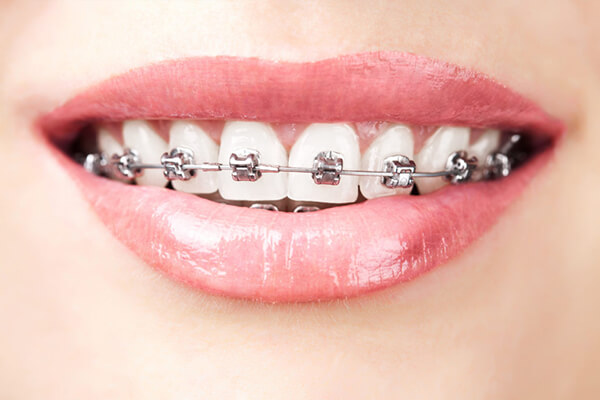
Teeth braces or dental braces
Dental braces are also known as braces, or orthodontic cases are the devices which are used in orthodontics that aligns and straightens your teeth.
Read More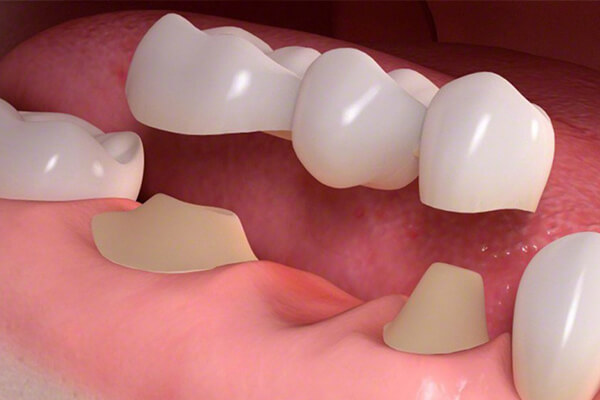
Dental bridges
A bridge is a fixed dental restoration which usually replaces one or more missing teeth by joining an artificial tooth adjacent to the other teeth.
Read More
Dental implants and restorations
A dental implants are also known as an Endosseous implant or a fixture is a surgical component that interfaces with the bone of the jaw or skull.
Read More
Dental crowns or teeth crowns
A crown, which is also known as a dental cap, is a type of dental restoration which completely caps, covers or encircles a tooth or dental implant.
Read More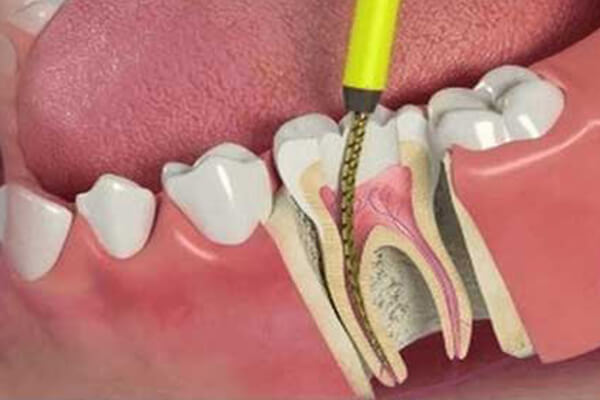
Root canal treatment/procedure
Endodontic therapy, which is also known as endodontic treatment or root canal therapy, is a treatment for the infected pulp of a tooth which results in the cure of infection.
Read More
Dentures
Dentures are the artificial teeth worn by the people who don't have their real teeth. Dentures are also called false teeth or dental plate.
Read More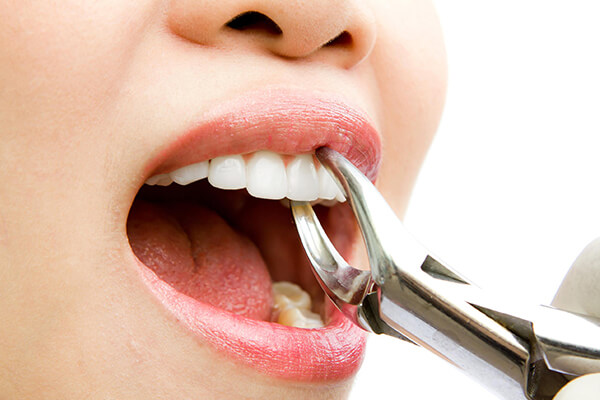
Teeth extractions
Although permanent teeth were meant to last for the lifetime, there are a number of reasons because of which tooth extraction may be needed.
Read More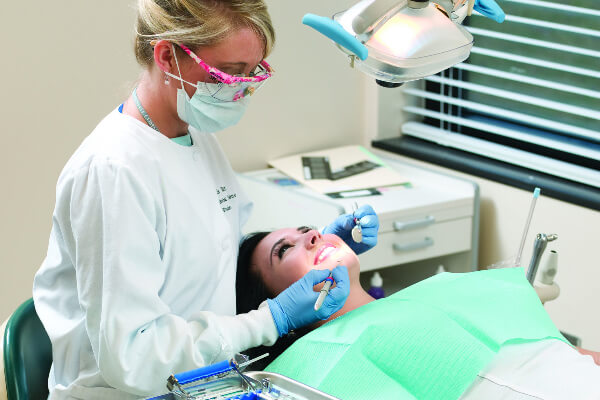
Dental hygiene
Dental Hygienics is one of the leading providers of dental decontamination equipment and products.A dental hygienist is a licensed dental professional.
Read More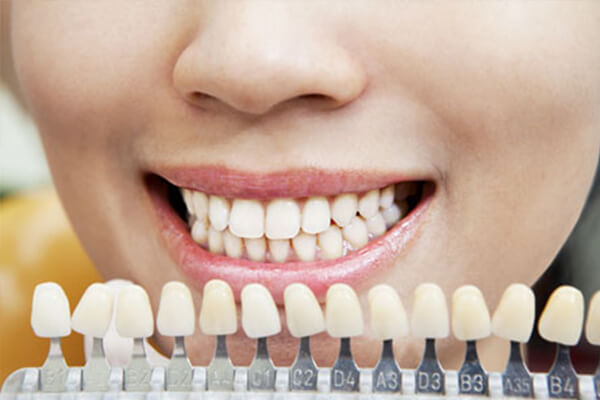
Teeth veneers
Dental veneers are wafer-thin, customized shells of tooth-colored materials designed to cover the front surface of your teeth to improve your appearance.
Read More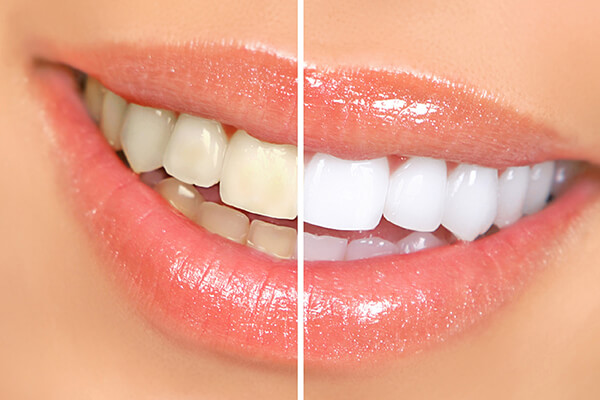
Teeth whitening
Teeth whitening involves the bleaching of your teeth to make them lighter, clean and white. It can't make your teeth brilliantly white, but it can lighten the existing color.
Read More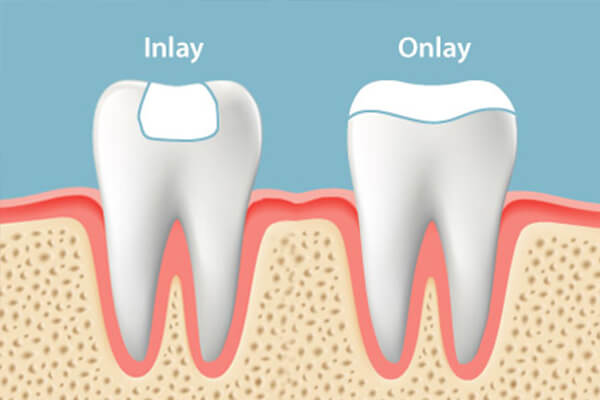
Inlays and onlays
Inlays and Onlays are used when the tooth has experienced too much of damage that it cannot support a basic filling, but not so much damage that a crown is necessary.
Read More
Cosmetic dental fillings
Aesthetic dentistry is a branch of dentistry that involves skills and techniques to improve your alignment, smile’s appearance, shape, color, and size.
Read More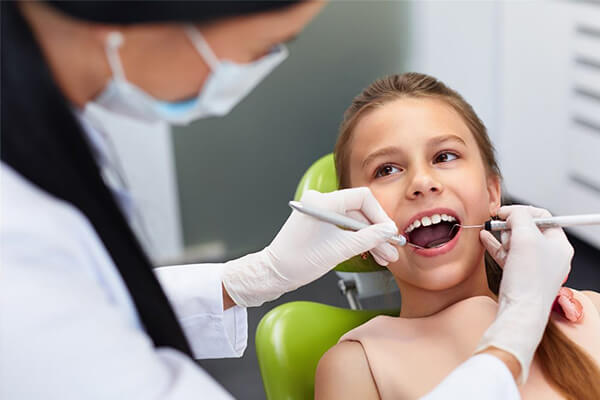
Pediatric dentist
Pediatric dentists are also called kids’ dentists or child dentists. They are basically dedicated to the oral health of children from infancy through their teenage.
Read More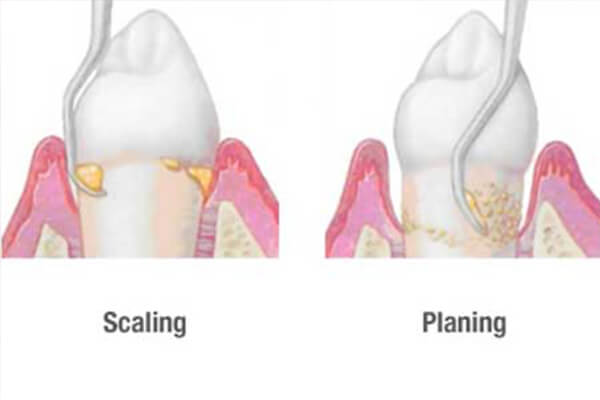
Teeth scaling and root planning
Teeth scaling and root planning is a procedure involving removal of dental plaque and calculus ( tartar ) and then smoothing of the (exposed) surfaces of the roots.
Read More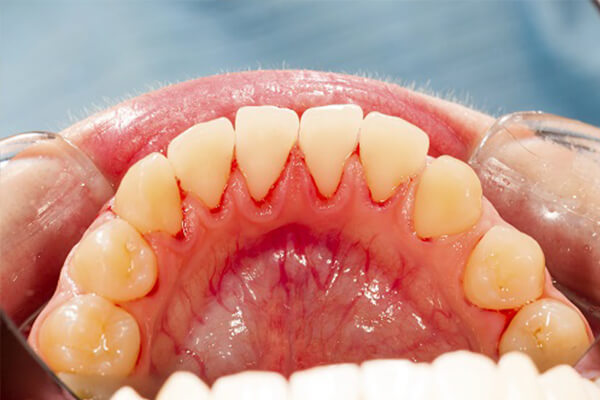
Periodontal gum disease
Periodontology is the specialty of dentistry that studies for the supporting structures of teeth, as well as the diseases and conditions that can affect them.
Read More
Cosmetic dentistry
Cosmetic dentistry refers to any kind of dental work that improves the appearance (not necessarily the functionality) of teeth, gums and/or bite.
Read More
Family dentistry
Consetetur sadipscing elitr, sed diam nonumy eirmod tempor invidunt ut labore et dolor erat, sed diam voluptua, maiores possimus fugiat repellat totam.
Read More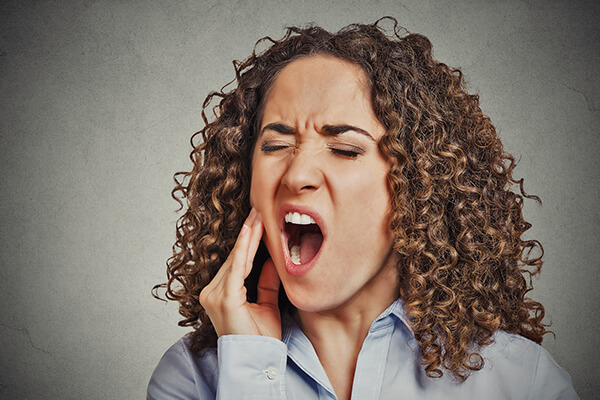
Emergency dentistry
Before searching for an emergency Dentist, It is important to know that what kind of injuries really required an emergency dental care, so you can make sure that teeth are taken care.
Read More
Dental exams and cleanings
Many people feel afraid of teeth cleanings. Between the prodding, strange noises, and the occasional jaw discomfort, it’s easy to understand their apprehension.
Read More
Dental X-Rays
X-rays are also known as radiographs. An x-ray is a type of ray energy that passes through soft tissues and is absorbed by dense tissue. They are diagnostic,also be preventative.
Read More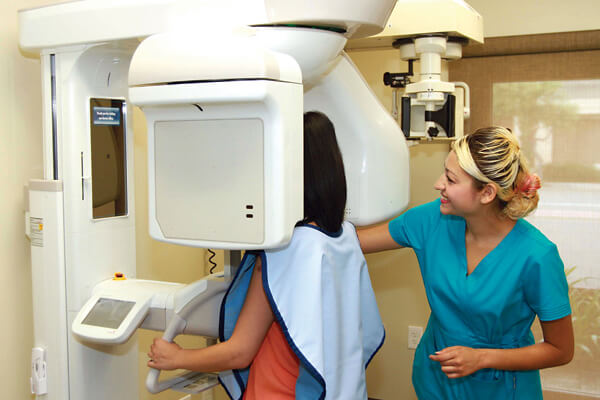
CT scan
CBCT stands for Cone Beam Computed Tomography. It is a technology used to take three dimensional (3-D) images of your teeth, maxillary sinus, nerve pathways, and bone .
Read More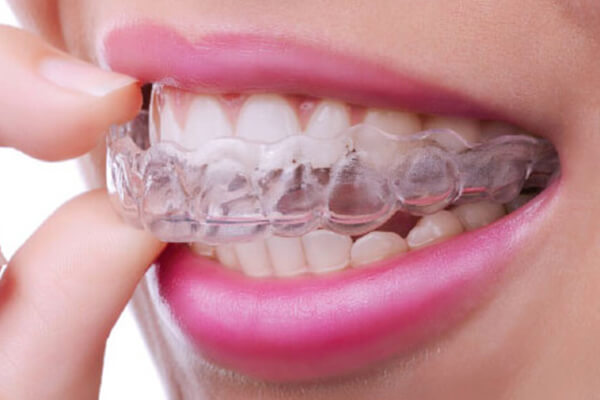
Night guards
A mouth guard is a protective device for your mouth that covers your teeth and your gums to prevent and reduce the injury to your teeth, arches, lips, and your gums.
Read More
Sleep apnea dentist
Sleep apnea is a sleep disorder in which your breathing starts and stops repeatedly. If you snore loudly and feel tired even after having a full night's sleep.
Read More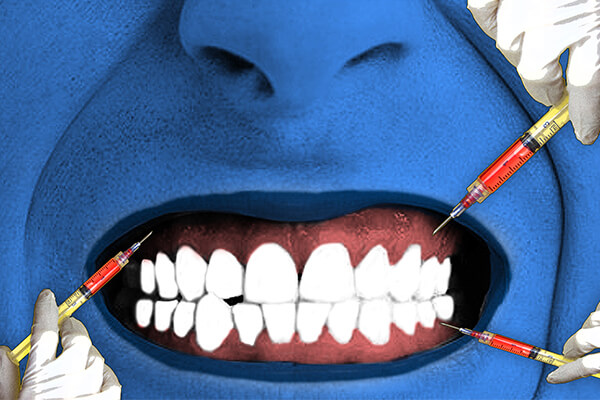
Dental botox theraphy
The active, therapeutic neurotoxin is harvested, separated and purified in a laboratory to make it safe and effective for the treatment.
Read More